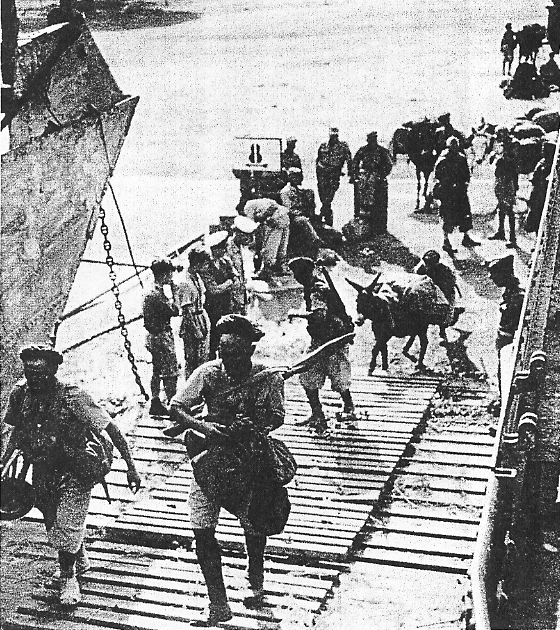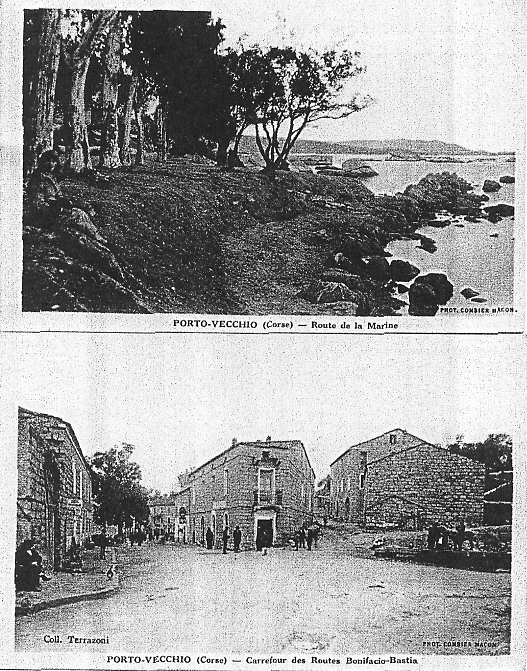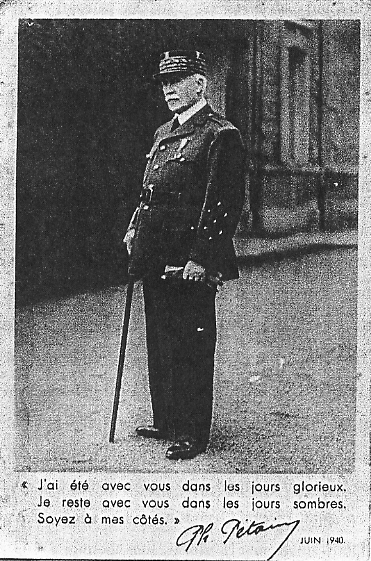Elba

A small cove outside
Porto Vechio, Corsica became the operating base for this group of LCTs from
Naples. There in this idyllic setting among craggy hills and evergreens with
a small beach where our craft could drop their ramps, the maintenance staff
of Flotilla 10 , once again demonstrated their versatility.
All the necessary equipment,
welders, battery chargers and spare parts were in the open. We slept in an army
tent, and got our meals, showers from an Army bivouac a little ways inland. In
fact, for us, it was more like a camping trip. Most of the work had been done in
Naples. There was just enough work to fight boredom.
During the evenings, we would sit
around the tent talking, playing cards or listening to the radio (I still had
that old box since before Anzio.) which got broadcasts from the Italian
mainland. Grade Fields was doing a silly number called "Mairzydoats and
Dozeydoats and Liddle Lambzydivey" or as translated in the song,
"Mares Eat Oats and Does Eat Oats and Little Lambs Eat Ivy," while
Fred Waring and the Pennsylvanians revived some of the classics.
Old Jake Messar, (Anyone over 25
was old to me.) surprised us all. Jake was a quiet homebody type till now.
Suddenly, he started using more after shave lotion and hurried to get into his
dress canvas after work. Somewhere in those hills he'd found a mountain rose in
the form of a school-marm. With the fading rays of the setting sun, we'd watch
him disappear over a knoll with a token gift under his arm. Nobody shared his
secret for Jake didn't talk much. Grudgingly, we turned back to our cribbage and
Fred Waring.
I hiked the approximately 3 miles
into the picturesque walled town of Porto Vechio once. It was a small town and
like most island communities
hadn't changed much in the last few
centuries. The men with long black leather boots and typical Corsican dress
looked much the same as I'd seen in my grammar school geography book. They sat
by themselves and stared at us, saying nothing. The streets were nearly
deserted, and I saw no women. The children were there, as usual, and the poorer
they were, the bolder they were. The little ones who had suffered the most from
poverty and deprivation were the most willing to take me risks. I gave them
candy and chewing gum, and while speaking in some very limited high school
French learned more about the town in 10 minutes than I would have from the men
in 10 years. Touring the town was not a long process and after purchasing some
goat's milk ice cream and post cards, I headed back along the dirt road to camp.
The entire Corsican affair was
strictly a French operation. Our orders came from a Gen. Leclerc, and the troops
were Senegalese Goumiers and Morocans. Late one afternoon, about the middle of
June, the loaded ships embarked.
June 17,1944, the radio reported
the invasion of the Island of Elba. The situation was in doubt for a while, then
after 2 days, the capitulation of the island was announced. The French had take
the island of Napoleon's first
exile.
The LCTs started coming back
after a few days. We patched them up as best we could, and when the last
arrived, headed back to Naples. The veterans of North Africa, Sicily, Salerno
and Anzio bore tales of some of the fiercest resistance they had met so far. The
defenders cross-fired from two hills on either side of the landing area. The men
were quite critical that these guns had not been silenced before the landing.
The story came out later of a gross under estimation of the forces on the
island. They had been reinforced by the Germans who fled Corsica, and our
smallest invasion became one of our toughest.

Goumiers boarding an LCT for Elba.

Corsican Postcards

This Postcard of
Pertain with its plaintive plea for unity was given to me by the
shop owner who seemed to be quite anxious to get rid of it.
Next
Chapter
Contents
Copyrighted 2000
No part of the
text or personal photos may be copied in any form without the express
permission from the author.


© 2000 LCT Flotillas of World War II ETO PTO
Contact us


